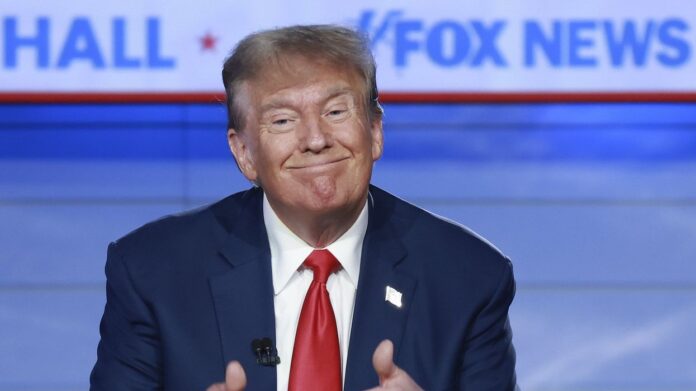Key Falsehoods or Claims: In this article, the main lie or falsehood revolves around Trump’s spelling error in a tweet, where he misspelled the word “stolen” as “stollen.” This mistake was made in a tweet where Trump continued to promote the baseless conspiracy theory that the 2020 presidential election was stolen from him.
Source Bias: The article is published on MSN, which is generally considered a neutral outlet in terms of political bias.
Analysis of Impact: The article highlights how Trump’s spelling error has been ridiculed by observers, which could potentially undermine his credibility and influence. However, it also reflects the persistence of the false narrative of election fraud, as Trump continues to perpetuate this conspiracy theory through his public statements and social media presence. The article also poses a threat to our democracy by demonstrating how misinformation and falsehoods can be spread by public figures, shaping public opinion and potentially undermining trust in the electoral process.
Hypothetical Reactions or Outcomes: Hypothetically, Trump’s spelling error, while seemingly trivial, could be used to further undermine his credibility among his supporters, potentially leading to a slight shift in public opinion regarding his claims of election fraud. However, it is also possible that his supporters may dismiss this as a minor mistake and continue to echo his conspiracy theories.
Further Reading: For further reading on the impact of lies and conspiracy theories on public opinion and democracy, reputable sources include studies on media influence and misinformation from organizations such as the Pew Research Center, the RAND Corporation, and the Harvard Kennedy School’s Shorenstein Center on Media, Politics and Public Policy. Additionally, books by experts in the field, such as “The Misinformation Age: How False Beliefs Spread” by Cailin O’Connor and James Owen Weatherall, provide valuable insights into the dynamics of misinformation in politics.
Source link
Redirect URL
